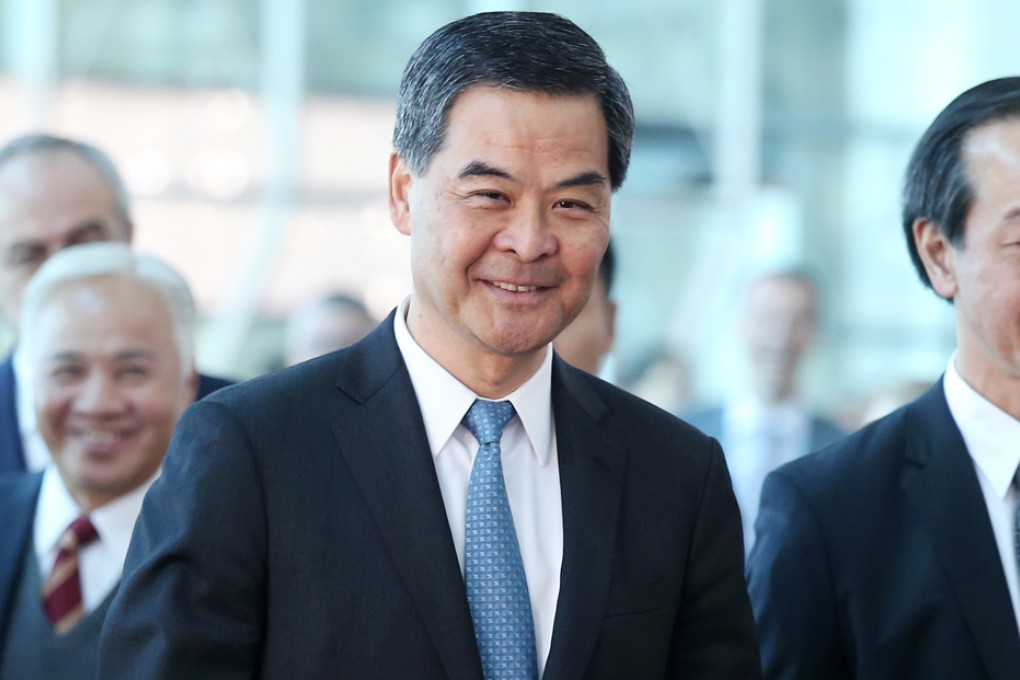Proposed accounting rule on public spending would tie government hands
Ever since Chief Executive Leung Chun-ying announced the new provisions of more than HK$10 billion a year for the poor and grass roots in his policy address, the fiscal hawks have been coming out of the woodwork.

Ever since Chief Executive Leung Chun-ying announced the new provisions of more than HK$10 billion a year for the poor and grass roots in his policy address, the fiscal hawks have been coming out of the woodwork. His finance chief frets that our mountain of reserves may be frittered away in 20 years. Then a member of a government-appointed working group on long-term fiscal planning disclosed it had reached a consensus on the need to ring-fence revenue from land sales. A prominent local economist, Professor Liu Pak-wai, said such one-off revenue should only be used to pay for capital works rather than fund recurrent spending.
The professor's idea is to make ironclad the current bureaucratic practice of sending land revenue to the Capital Works Reserve Fund, which is reserved for non-housing infrastructure projects and land acquisition. At the moment, the government may, usually reluctantly, dip into the fund to make up for shortfalls in recurrent expenses. If Professor Liu has his way, this would no longer be allowed.
It is hard to see such rationale as anything other than a blind and rigid adherence to accumulating budget surpluses and paying for infrastructure projects if the money must be spent.
First, it effectively turns the decades-old bias of the government - dating back to the colonial era - towards building infrastructure into an inflexible accounting rule. That assumes government bureaucrats will always spot a worthwhile infrastructure project and avoid committing to wasteful white elephants. Let's just say the government's record in that department has been spotty.
Second, as a major, albeit volatile, source of public earnings, land sales make up a major portion of government revenue. In the current financial year, it amounts to 15 per cent of total revenue. The proposed accounting rule means we automatically handicap the government even if it spots worthwhile projects to improve our society if those are deemed to involve recurrent spending. Why are public infrastructure projects inherently more desirable than, say, improving air quality, supporting education initiatives or upgrading our healthcare system? An unspoken concern among fiscal hawks seems to be that as we approach universal suffrage, politicians may make promises that will deplete our reserves to buy votes. But a good case can be made that voters may be a better judge of worthwhile public spending than bureaucrats.
